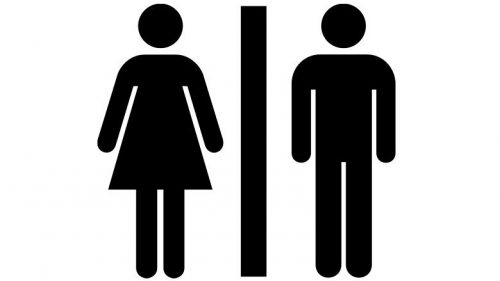Should Women Pay More Than Men for Disability Insurance?
By State House News Service | January 16, 2018, 19:49 EST
 (Courtesy of pixabay)
(Courtesy of pixabay) By Andy Metzger
STATE HOUSE NEWS SERVICE
BOSTON — Sponsors of a bill that has bipartisan support told lawmakers Tuesday that its passage would topple one of the last bastions of gender-based discrimination in the insurance industry.
Legislation (House Bill 482) sponsored by Newton Democratic state Representative Ruth Balser would require gender-neutral pricing for the roughly 182,000 people insured by state-regulated disability insurance policies.
Today women on average pay 23.5 percent more than men for essentially the same coverage, and sometimes women pay 61 percent more, according to Balser.
“We think it’s discrimination. We think it’s bigotry,” Balser told the Financial Services Committee.
Actuaries have determined women file more disability claims and have more expensive claims because they miss out on employment for longer periods of time.
Advocates on both sides of the issue agree that pregnancy is not the reason for the gender disparity in disability claims.
Jenny Erickson, a lobbyist for the Life Insurance Association of Massachusetts, said insurers do not know why women’s claims are more expensive in general.
“There’s never been research done on why that’s allegedly the case?” asked Acton state Senator Jamie Eldridge, who co-chairs the committee with Boston state Representative Aaron Michlewitz.
“Not to my knowledge,” Erickson replied.
Balser said she has tried to chip away at sex discrimination over the years and this is the fifth session when she has tried to put men and women on equal footing for disability policies. If prices of other products varied by hundreds of dollars depending on the customer’s sex, that would provoke widespread condemnation, Balser said.
“It’s been more challenging to convince the Legislature that it’s equally unfair to women to charge them more for disability insurance,” Balser said. She said, “We do not dispute the actuaries. They’re good at numbers. But we’re good at something else, which is values.”
Gender neutrality for disability insurance was mandated at the federal level, which regulates plans offered through employers, but the practice continues among the 11 percent of insured people who obtain coverage individually through the state-regulated market, according to bill proponents.
Balser’s bill, which would only affect state-regulated policies, is co-sponsored by Lakeville Representative Keiko Orrall, who is the state’s Republican National Committeewoman. Winchester Senator Jason Lewis sponsored the bill (Senate Bill 545) in the Senate.
Women between the ages of 35 and 65 are more than 50 percent more likely than men to become disabled, and female claims costs are generally more than double male costs between the ages 30 and 40 and more than 50 percent higher for older people, according to the insurance trade association, which said sex is “an actuarially justified risk classification criterion which is an intrinsic part of the disability insurance underwriting and pricing process.”
Montana outlawed all forms of sex-based discrimination in the insurance industry, and if Balser’s bill becomes law, Massachusetts would be the second state to take that “drastic step,” according to the Life Insurance Association of Massachusetts.
Even in the federally regulated market, men and women pay the same rates, but an insurer would price-in the gender makeup of the workforce when determining the cost of coverage for an employer, Erickson said.
A 50-year-old non-smoking woman would have to pay almost 46 percent more than a similarly situated male counterpart for a disability policy worth $5,000 in monthly benefits, according to a fact sheet provided by Balser that said the extra cost works out to almost $600 more per year.
If Balser’s bill became law, prices would probably increase as the insurance market adjusts to the new requirement, according to Erickson.
“If you were to go to a gender-neutral insurance scheme for disability insurance, overall everybody’s premiums would go up,” Erickson said. She said, “Until that is worked out, probably premiums for everybody will go up, so premiums won’t go down for women right away. Over time, maybe they will.”
“She basically made a threat. She said that everyone’s premium would go up, and I don’t know that that’s the case or that that makes any sense,” Balser told the News Service.
Spurred on by high-profile exposes, employers, journalists, and the public have spent much of the past few months trying to tamp out sexual harassment in the workplace. Balser thinks the political moment is right for her bill to pass this session and others echoed that sentiment.
“I think this is the year of the woman,” said Rebekah Gewirtz, executive director of the National Association of Social Workers Massachusetts Chapter.











